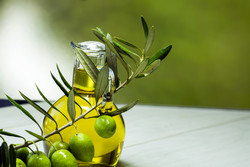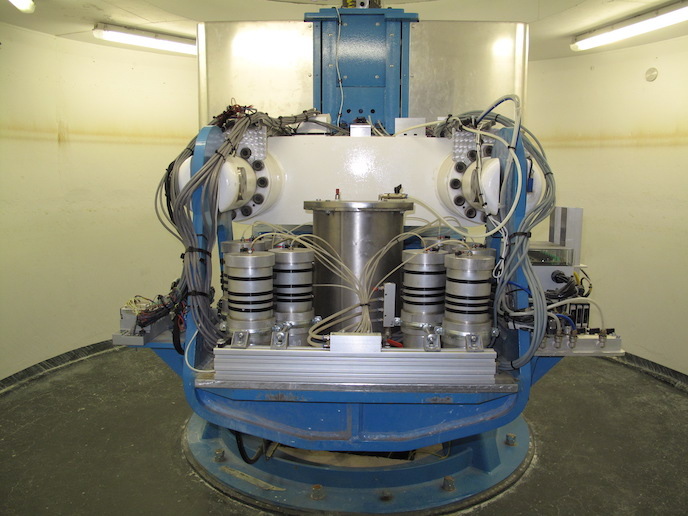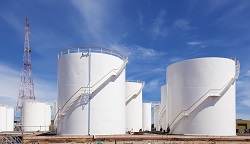Environment friendly olive oil
Olive oil, however, can have considerable environmental impacts – particularly during the washing stage, which requires on average around 50 litres of clean water to process 100 kg of olives. The process also results in the generation of highly polluting liquid wastes, which contain polyphenols that inhibit biodegradation. Moreover, the oil content of the wastewater produces a film on the water surface, which hinders oxygen dissolution, thereby preventing aquatic life from thriving. The ALGATEC II(opens in new window) (Optimisation of the biotechnological recycling solution for olive washing water) project developed technologies to treat olive washing water generated in olive mills. The consortium of five small and medium-sized enterprises from Germany, Spain and Italy developed an innovative, affordable and easy-to-use solution comprising a photobioreactor (PBR) and membrane technology. The system was implemented and tested in a pilot plant in Spain in order to improve its capacity and efficiency, thereby reducing its cost. ALGATEC II's biotechnological system was effective in producing drinking quality water following treatment in the PBR and membrane module. This was achieved at a cost of less than EUR 0.01 per litre of olive oil, using renewable energy sources and resulting in zero residues. The technology treated the washing water used for olives, thereby reducing the high volumes of polluted water resulting from olive processing. Furthermore, the treated washing water was of drinkable quality and could be recycled for washing olives prior to olive oil extraction. Major benefits include a reduction in the consumption of drinkable water during the olive washing process by 90 % and an increase in the overall water efficiency of the process by 80 %. Water, soil and groundwater contamination and the carbon footprint were also reduced in companies producing olive oil. Carbon dioxide was captured from the atmosphere by the algae growing in the PBR. In addition, innovative treatment of water meant that evaporating ponds, with their associated bad smell, insect population and accidental leakage of wastewater to the soil, were no longer needed. The project's outcomes will help to increase the competitiveness of the European olive oil industry through cost-effective treatment of wastewater and improved water management. It will also help olive mills to comply with EU legislation on wastewater treatment and wastewater discharge.







